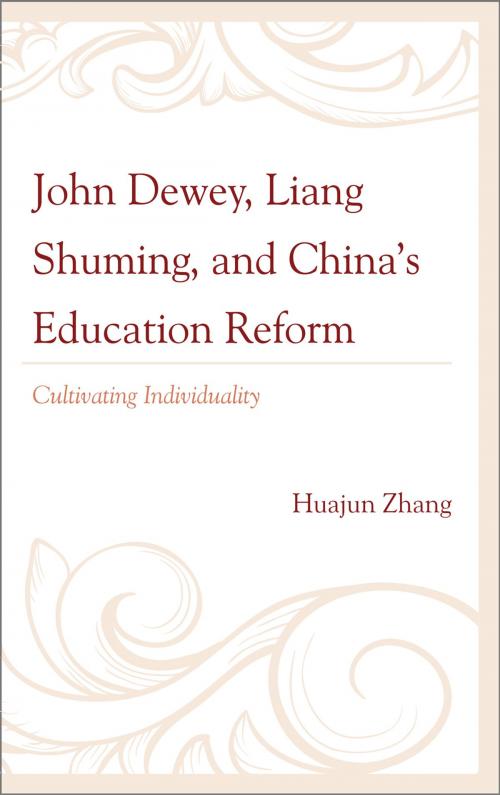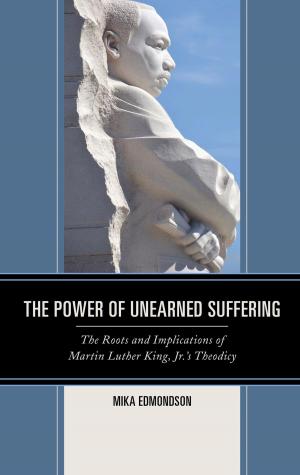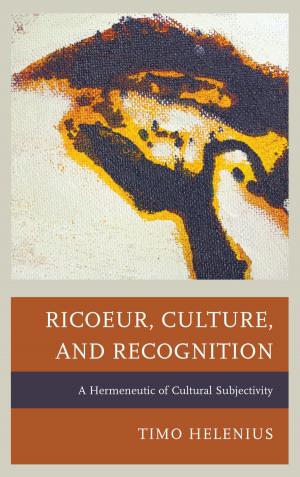John Dewey, Liang Shuming, and China's Education Reform
Cultivating Individuality
Nonfiction, Religion & Spirituality, Philosophy, Pragmatism, Reference & Language, Education & Teaching, Educational Theory, Aims & Objectives, Philosophy & Social Aspects| Author: | Huajun Zhang | ISBN: | 9780739183489 |
| Publisher: | Lexington Books | Publication: | April 19, 2013 |
| Imprint: | Lexington Books | Language: | English |
| Author: | Huajun Zhang |
| ISBN: | 9780739183489 |
| Publisher: | Lexington Books |
| Publication: | April 19, 2013 |
| Imprint: | Lexington Books |
| Language: | English |
This book explores the central question of how to cultivate a continued sense of self in the radically changing Chinese society, a question that is highly related to the current ongoing educational reform. If education cannot respond to the problem of students’ disconnection from the changing society, learning cannot truly happen in school and the reform will fail. Zhang suggests a philosophy of education that highlights the cultivation of students’ unique but inclusive individuality so that students learn how to nurture their own mind in this profoundly changing society rather than becoming empty and lost. The discussion of this proposed question is inspired by the thoughts of the American pragmatist John Dewey and Chinese Confucian scholar Liang Shuming. It is not the author’s intention to have a pure philosophical discussion, but rather to refer to their philosophies to help answer the practical question of cultivating individuality in an educational setting during this period of China’s modern transition.
This book explores the central question of how to cultivate a continued sense of self in the radically changing Chinese society, a question that is highly related to the current ongoing educational reform. If education cannot respond to the problem of students’ disconnection from the changing society, learning cannot truly happen in school and the reform will fail. Zhang suggests a philosophy of education that highlights the cultivation of students’ unique but inclusive individuality so that students learn how to nurture their own mind in this profoundly changing society rather than becoming empty and lost. The discussion of this proposed question is inspired by the thoughts of the American pragmatist John Dewey and Chinese Confucian scholar Liang Shuming. It is not the author’s intention to have a pure philosophical discussion, but rather to refer to their philosophies to help answer the practical question of cultivating individuality in an educational setting during this period of China’s modern transition.















